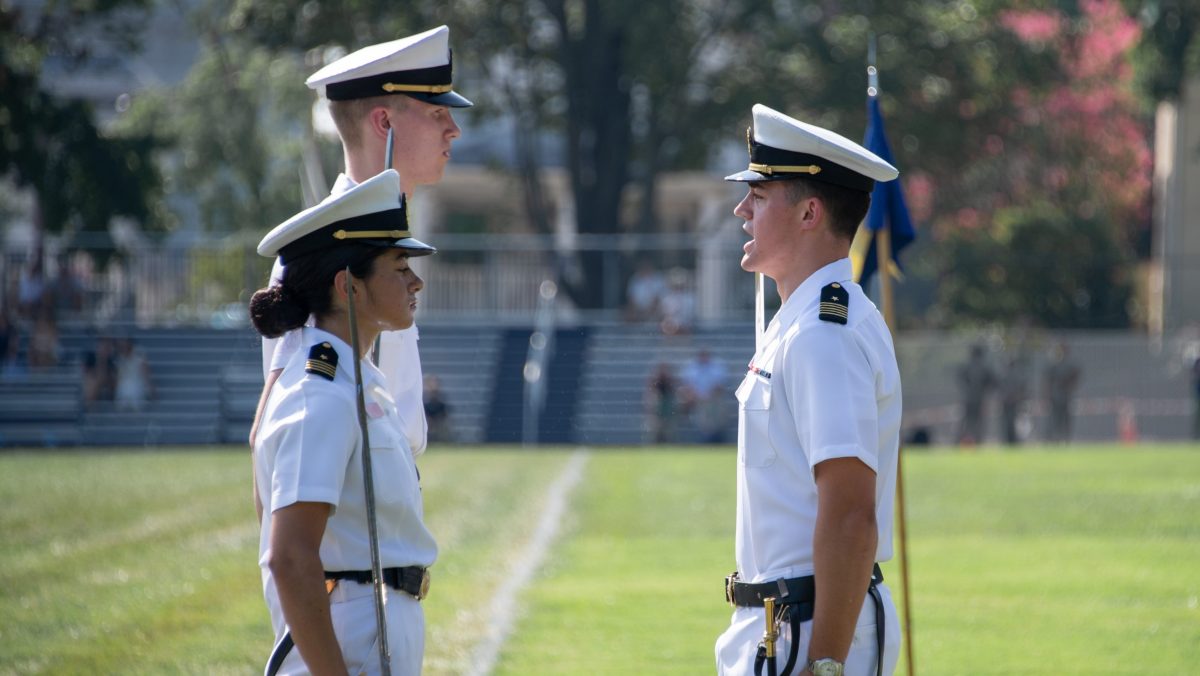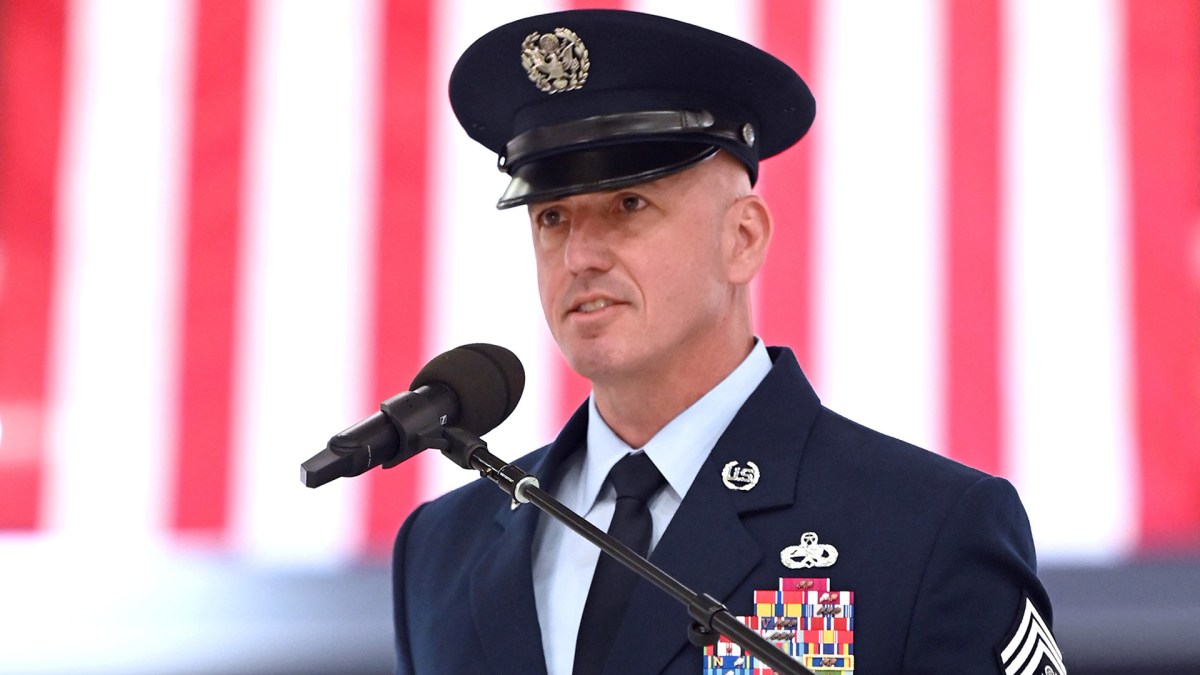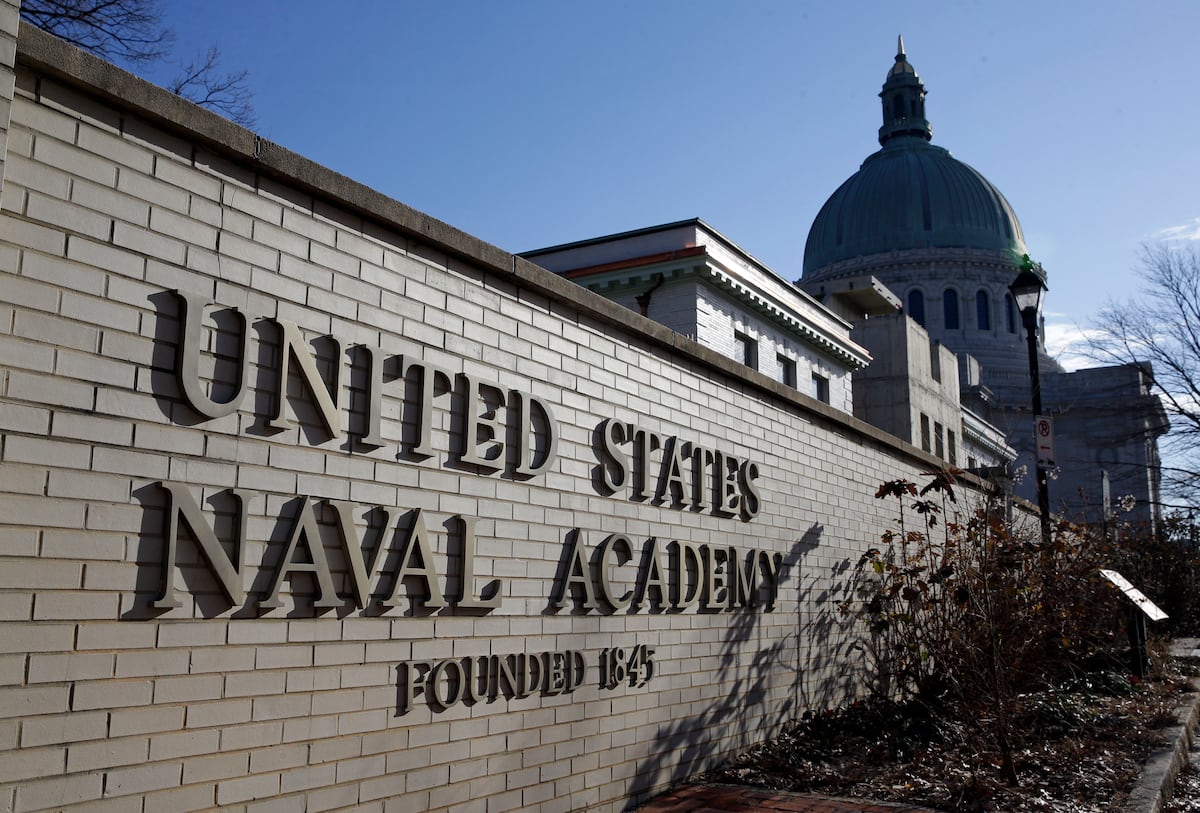
The Army is looking to expand its campus-style dining plans after it gets feedback from its first five projects, officials said Monday. Senior Airman James Johnson
The Army’s new campus-style dining initiative to more bases, including overseas, officials said Monday.
The new announcement of overseas bases builds on an overhaul the Army is working on of how it feeds soldiers. The service released details for its campus style dining initiative earlier this year on its plans to have private contractors run the dining facilities at five bases including Fort Bragg, North Carolina; Fort Stewart, Georgia; Fort Hood, Texas; Fort Drum, New York; and Fort Carson, Colorado.
Now the Army says it will bring those plans to up to 10 bases including overseas, though it did not name the additional installations.
The campus-style dining venues would offer different options and “action” stations — the Army’s term for Chipotle-style service by cooks — across a wider variety of foods, according to a request for proposal issued in January. On Monday, officials at the Association of the U.S. Army annual conference in Washington D.C. gave more details about adding more base dining facilities, DFACs, which are scheduled to open this winter.
When the new DFACs are online, the service will make an assessment after the first 90 days, “just like we would in a restaurant,” said Col. Craig Thompson, acting deputy chief of staff for logistics, facilities, and environment.
“We’re doing analysis right now. We’re looking at between eight and 10,” Thompson told Task & Purpose. “But with overseas locations, there’s [Status of Forces] agreements we have to work with.”
As part of the changes, private contractors would be allowed to sell alcohol, according to contracting documents. However, it’ll be up to senior commanders “on how that’s utilized, whether it’s allowed or whether it’s limited,” Thompson said.
Thompson told Task & Purpose that the reason for adding alcohol for sale was for revenue. Contractors, he said, “have got to be able to have a return on investment so they’ll grow.”
Chow will get live feedback
As the Army implements its campus-style dining design, the service plans to gather data from soldiers by having them scan a QR code at DFACs or linking the feedback form through the my Army post application, officials said.
“We’re not looking for anonymous feedback. We’re looking for honest feedback from the soldiers at those five locations and then contract oversight. We’re going to be responsible for holding them accountable,” Sgt. Maj. of the Army Michael Weimer said.
In addition to the DFAC changes, in the last few years, the Army has added grab-and-go kiosks and more food trucks to give soldiers living on base more food options after hours.
“All the services are trying to pay attention to what we’re doing when we’re trying to transform our food ecosystems,” Weimer said, adding that the planned improvements also include adding bus routes for soldiers to more easily get around the base.
Fewer Army cooks, more private contracts
The DFAC changes also come as the Army is cutting the number of cooks, or soldiers serving with a 92G military occupational specialty, or MOS. Weimer said the Army is shifting the primary goals for these soldiers which is “to provide the right nutrition for us in a large-scale combat operation.”
The campus style dining contract also comes amid a broader privatization of quality of life programs, like base commissaries and barracks.
“Our dining system is absolutely broken,” Army Secretary Dan Driscoll said in his opening remarks. “It is a poster child not only for corrupted systems, but poor quality and unhealthy food.”
Driscoll pointed to the 1936 Randolph-Sheppard Act, which gave more opportunities for blind operators of vending facilities on federal properties, including military bases.
“Over time, companies manipulated the law, prioritized profit, and absolutely cornered the United States Army,” Driscoll said. “They found that they could place companies under irrevocable trusts in blind family members’ names … so that they falsely enjoy Randolph-Sheppard preference.”

Task & Purpose Video
Each week on Tuesdays and Fridays our team will bring you analysis of military tech, tactics, and doctrine.

.jpeg)





















.jpeg)













 English (US) ·
English (US) ·